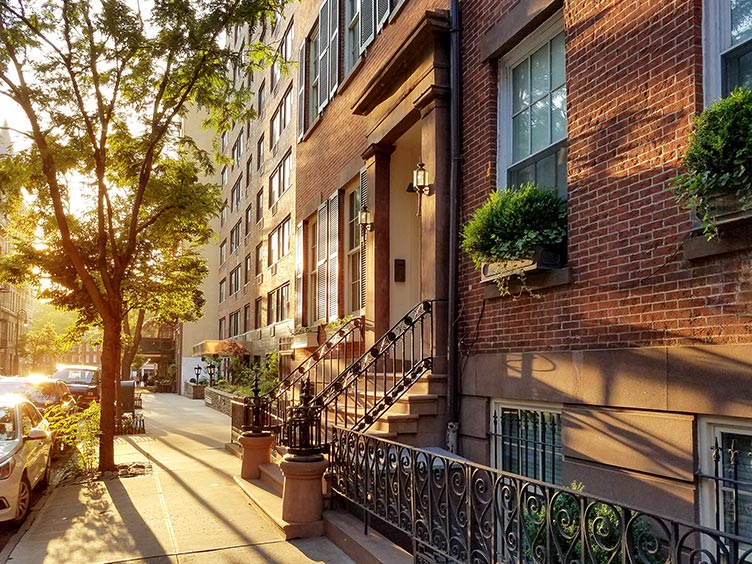
There are ways to structure your ground lease exchange so that it satisfies IRC Section 1031. A ground lease is a type of decades long, long-term commercial lease where the tenant owns the structure but not the land it sits on. The landlord owns a fee simple interest in the ground, not the structure. Tenants have the right to develop and use the property throughout the duration of the lease but pays rent for the land to the landlord.
Ground leases are generally net leases, where the tenant can be responsible for paying property taxes, insurance, and maintenance expenses on top of monthly rent during the term of the lease. Upon the termination of the ground lease, all structures and rights on the property belong to the landlord. How you structure your transaction to qualify for a 1031 exchange depends on your situation.
Leasehold Interests
A leasehold interest is created when the fee simple property owner enters into a ground lease contract with a tenant. IRS regulations state that leasehold interests are like-kind to fee simple real estate once they have a remaining term of 30 years or longer. A leasehold with a remaining term under 30 years is not like-kind and does not qualify for a Section 1031 exchange.
In a recent case, VIP vs. Commissioner (TC Memo 2013-157), the tax court ruled that a leasehold interest in real property with a remaining term of 21 years and 4 months was not like-kind to two real property fee interests for which the leasehold was exchanged. VIP entered into a non-renewable, non-extendable ground lease for real property for a term of 33 years. When the leasehold interest still had 21 years and 4 months remaining, the interest was sold for cash and debt relief, and the sale proceeds were used to purchase more property in a tax-deferred 1031 exchange.
The courts concluded that VIP’s leasehold interest was a short-term real property interest as well as the improvements made to the property and therefore were not like-kind to fee interests in real property. The taxpayer was deemed not eligible for tax-deferral.
Because of this case, taxpayers are advised to exchange a leasehold interest for a fee interest only if the leasehold interest has 30 years or more remaining on the term.
Leasehold Improvements
If you’re planning on exchanging into a property owned by a third party and doing construction, you can defer capital gains if the improvements equal or pass the value of the relinquished property and sale and construction is completed within the 180-day exchange period.
A qualifying leasehold improvement exchange following IRS guidelines involves an accommodation titleholder (AT) working on behalf of the taxpayer by entering into the leasehold agreement and using the proceeds from the sale of the relinquished property to construct improvements. Upon completion of the improvements or after the 180-day exchange period, the AT transfers the leasehold interest to the qualified intermediary and then to the taxpayer.
Ground leases can be great real estate investments and can be structured to qualify for a like-kind 1031 exchange. Your qualified intermediary can guide you through these complicated legal and tax issues to help satisfy your ground lease investment goal.



